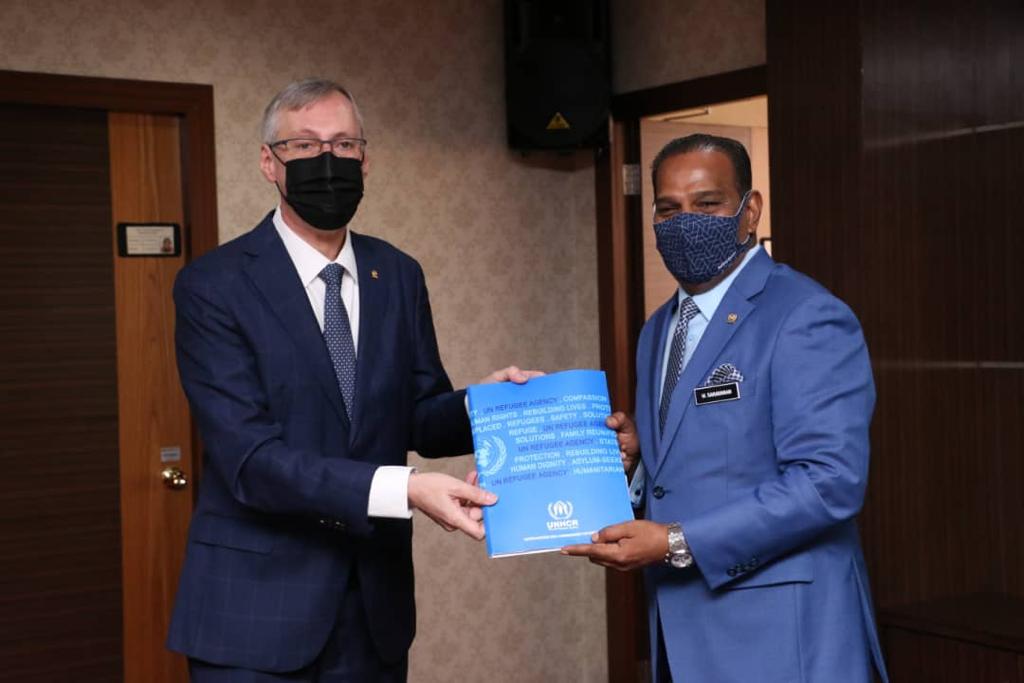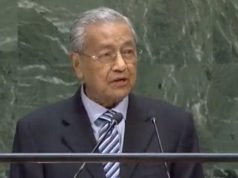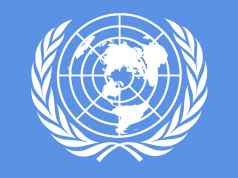

The event, part of an ongoing series organised by the UN Department of Public Information’s Academic Impact initiative, was designed to promote mutual respect and tolerance amongst the different cultures of the world.
RizwanaChowdhuryBonnya, singer and associate professor at the Dhaka University in Bangladesh, rendered in Bengali his interpretation of the Tagore poem “Endless, You Have Made Me!”
RizwanaChowdhuryBonnya’s interpretation was amongst a dozen lingual interpretations of Tagore’s poems, which also included rendering by representatives from Argentina, China, France, Japan and South Korea.The Vice President of the General Assembly, Abulkalam Abdul Momen, who is Bangladesh’s permanent representative to the United Nations, described Tagore’s poems and music as “prayers for one’s self-enrichment, purification and salvation”.


Tagore received the Nobel Prize in Literature in 1913 for his poems; he became the first Asian poet to receive the Nobel Prize which, as Momen put it, is presented for “lasting literary merit and for evidence of consistent idealism”.
The Nobel committee, while conferring the award, had praised Tagore’s “profoundly sensitive, fresh and beautiful verse, by which, with consummate skill, he has made his poetic thought, expressed in his own English words, a part of the literature of the West”.
Another milestone in intercultural dialogue started May 30 in Baku, Azerbaijan, with the opening of the Second World Forum on Intercultural Dialogue.
Speaking in the opening ceremony, Nassir Abdulaziz Al-Nasser, the UN High Representative for the Alliance of Civilisations, urged participants to take an active role in creating a peaceful, diverse environment, adding, “There are many people around the world who stand for diversity and inclusion, and who know that it is indispensable to live in peace and prosperity.”
In his speech, Al-Nasser quoted Mahatma Gandhi, a close friend of Tagore, when he said: “No culture can live if it attempts to be exclusive.”
– BERNAMA










